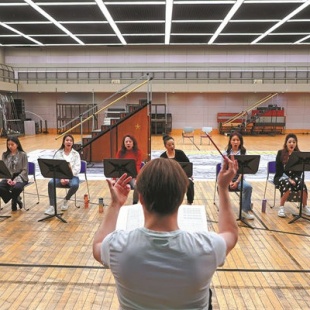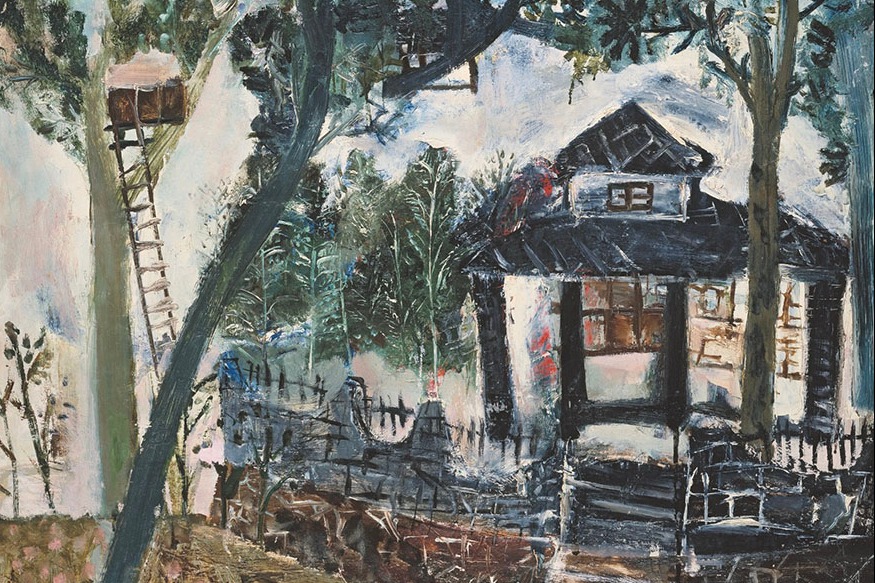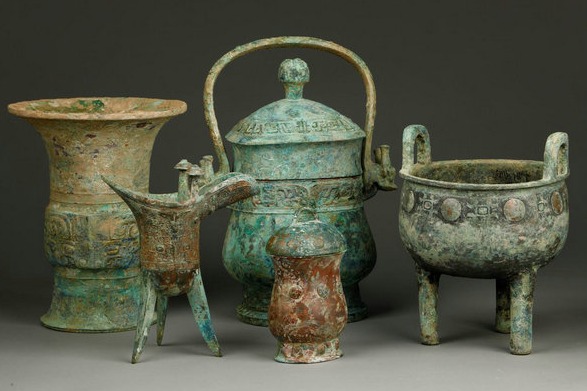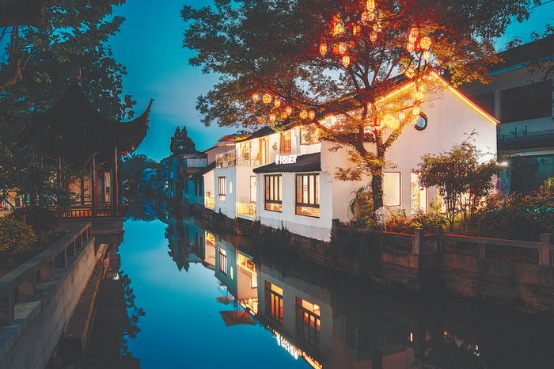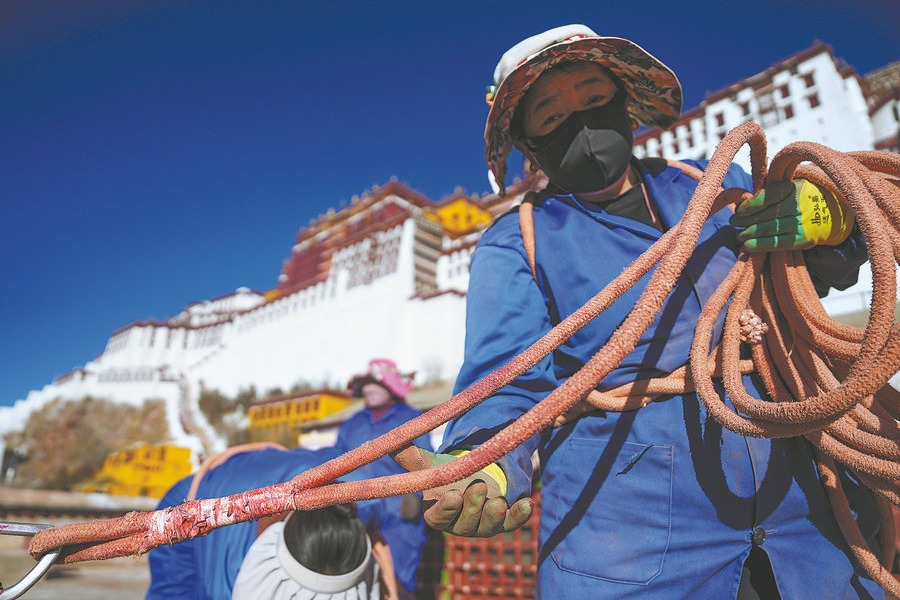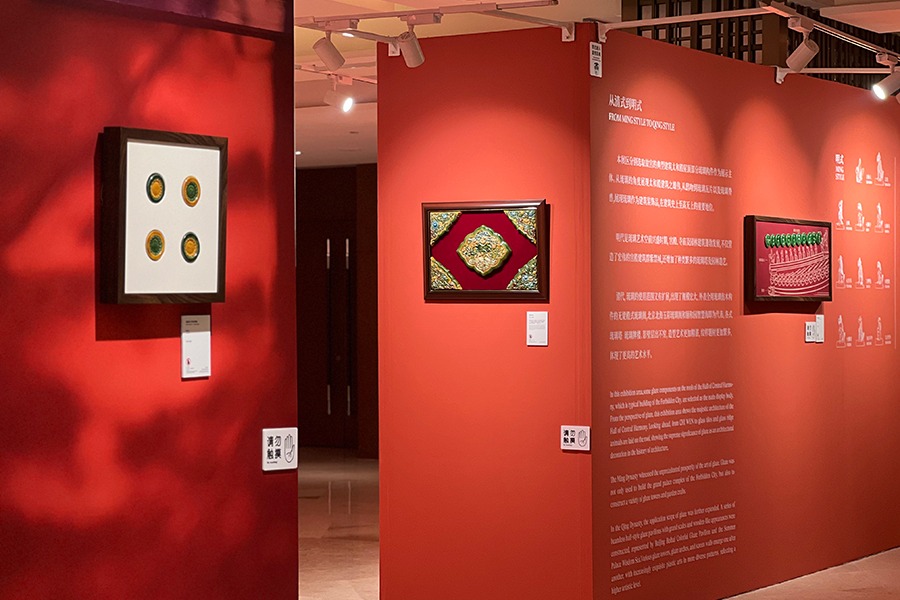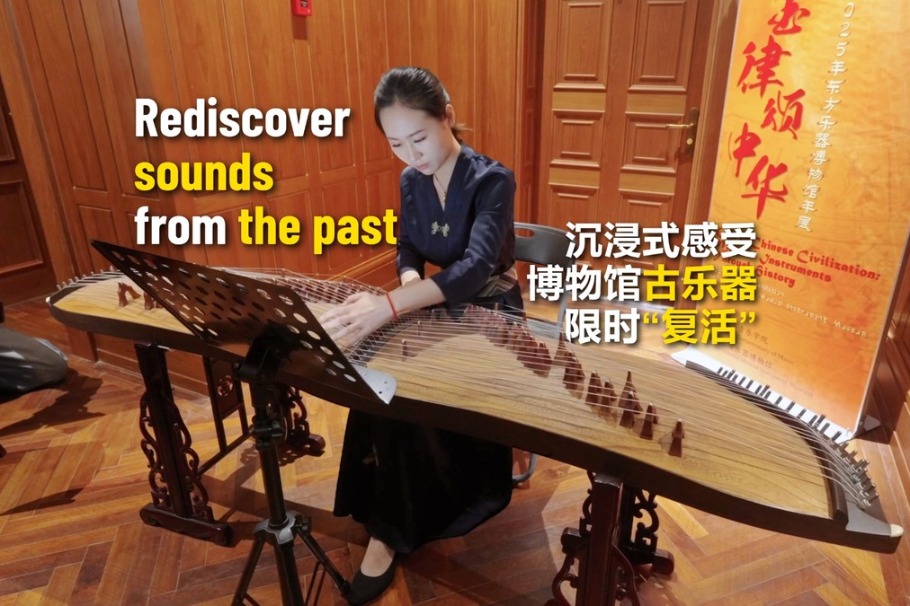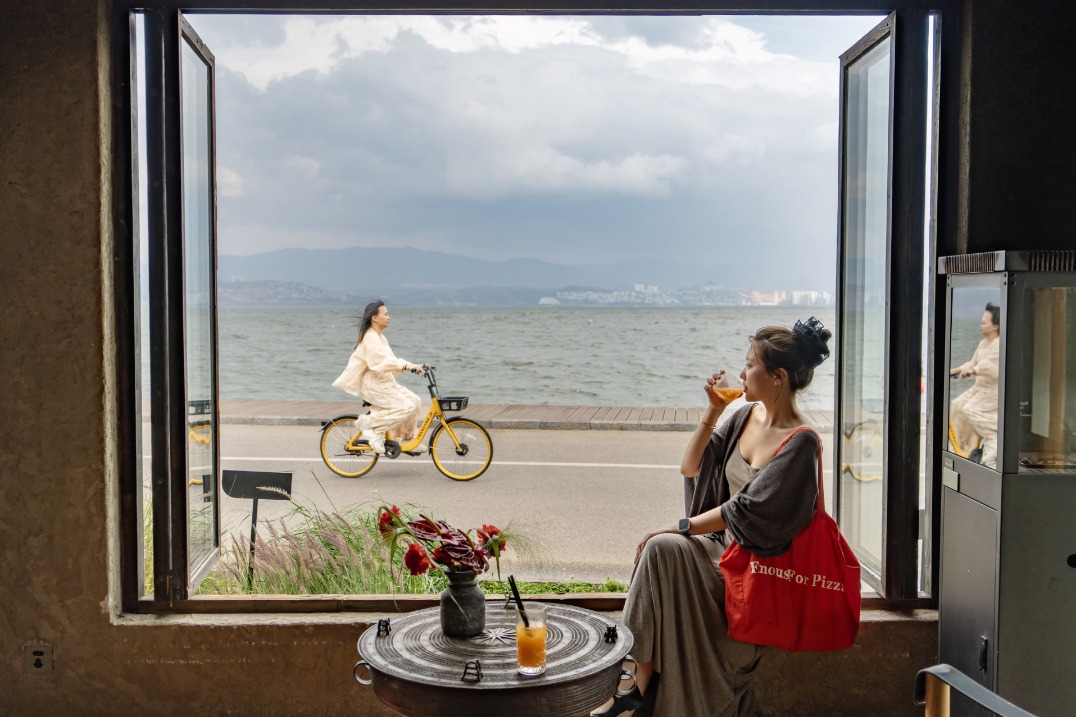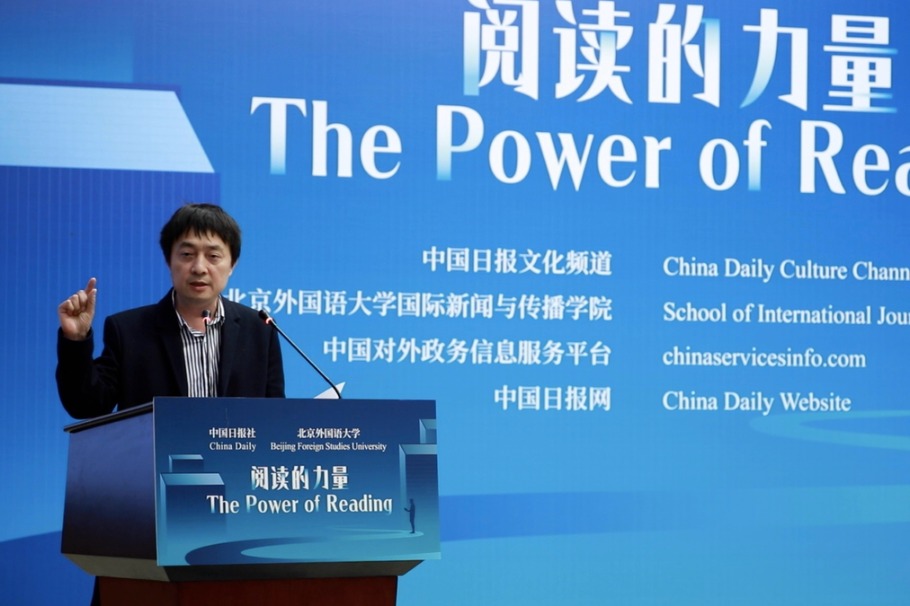Mortals and myths

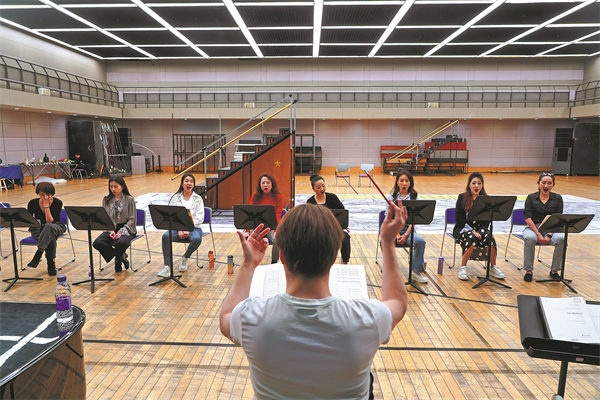
Opera by one of history's most influential composers takes the stage to transport audiences into a magical universe, Chen Nan reports.
The second opera in Richard Wagner's epic Der Ring des Nibelungen (The Ring of the Nibelung or The Ring Cycle), Die Walkure (The Valkyrie), is one of the most significant works in the operatic canon, for both its thematic depth and musical innovation.
From Tuesday to Saturday, the National Centre for the Performing Arts in Beijing will present a breathtaking musical experience of Wagner's The Valkyrie.
Under the baton of renowned Finnish conductor Pietari Inkinen and the direction of Davide Livermore, The Valkyrie will transport audiences into the heart of Wagner's mythical universe, says Zhang Yao, vice-president of the NCPA.
The Ring Cycle, consisting of four operas, is one of the most ambitious musical works in opera history. Created over 26 years, this monumental cycle spans more than 14 hours and explores profound themes of power, love, betrayal and fate through a complex web of gods, mortals and mythical creatures. Zhang adds that The Valkyrie is the second installment of Wagner's The Ring Cycle, following the monumental prologue The Rhinegold staged by the NCPA in 2024.
Based on ancient Norse mythology, The Ring Cycle weaves a rich tapestry of social, philosophical, and aesthetic perspectives of music and drama, offering timeless themes that evoke discussion and reflection.
With the premiere of The Valkyrie at the NCPA, audiences will encounter a plot filled with passion, familial conflict and heroic battles that define Wagner's mythical world. The opera's themes — fathers and daughters, husbands and wives, siblings and lovers — are interwoven within the vast framework of Norse legends, making it a deeply personal and universally resonant work.


